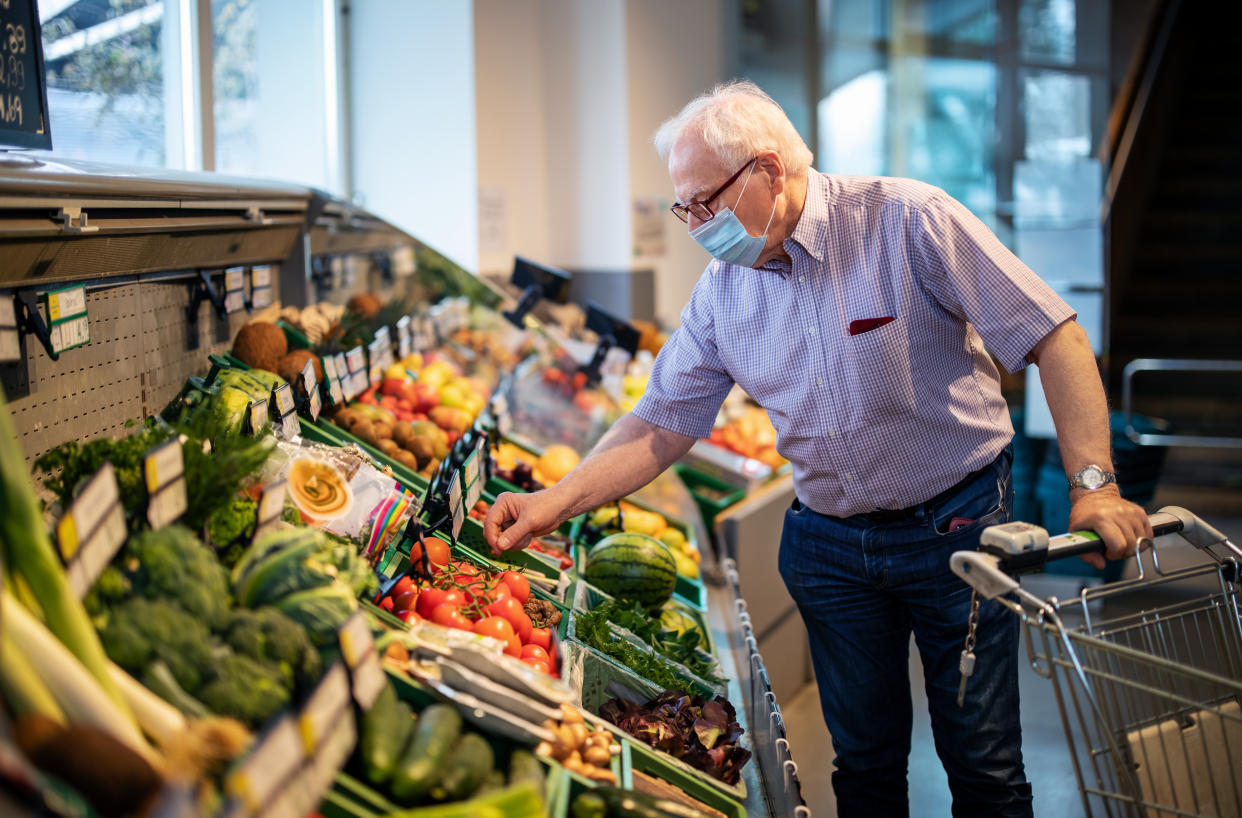Families facing £160 rise in cost of food shop, industry warns

Families could see the price of their weekly shop rise by around £3-a-week thanks to new government policies, the industry has warned.
Grocery shopping could become more expensive if food manufacturers are forced to absorb the cost of proposed government policies, the the Food and Drink Federation (FDF) said on Wednesday. The group's calculations suggest shopping bills for the average household could increase by more than £160 ($218) each year.
Policies pushing up prices include a deposit return scheme on food and drink packaging and the restrictions on the promotion of foods with high fat, salt or sugar content. The FDF's calculations do not include suggested taxes on salt and sugar outlined in businessman Henry Dimbleby's recent National Food Strategy report prepared for the government.
Read more: Pound hits 5-month low against the dollar
“Food and drink manufacturers are close to breaking point,” said Ian Wright, chief executive of the FDF. “The suggestion that we should introduce further food taxes at this time is madness. It is an insult to the hardworking families of this country to be told what to do by those who can’t begin to imagine how tough the last year has been."
The group said poorer households were likely to face the biggest rise in costs. Disadvantaged shoppers could see their supermarket bills increase by 11%, equivalent to their entire budget for fresh vegetables.
Businesses will also suffer, the FDF said. The FDF calculated that the proposed policies would cost the industry at least £8bn. The proposals could increase indebtedness and see investment decline
The FDF is calling on the government to reconsider its food and drink policies.
“If the government is serious about levelling up it needs to incentivise the sector and not pile on extra costs,” the FDF said.
Watch: How to save money on a low income


